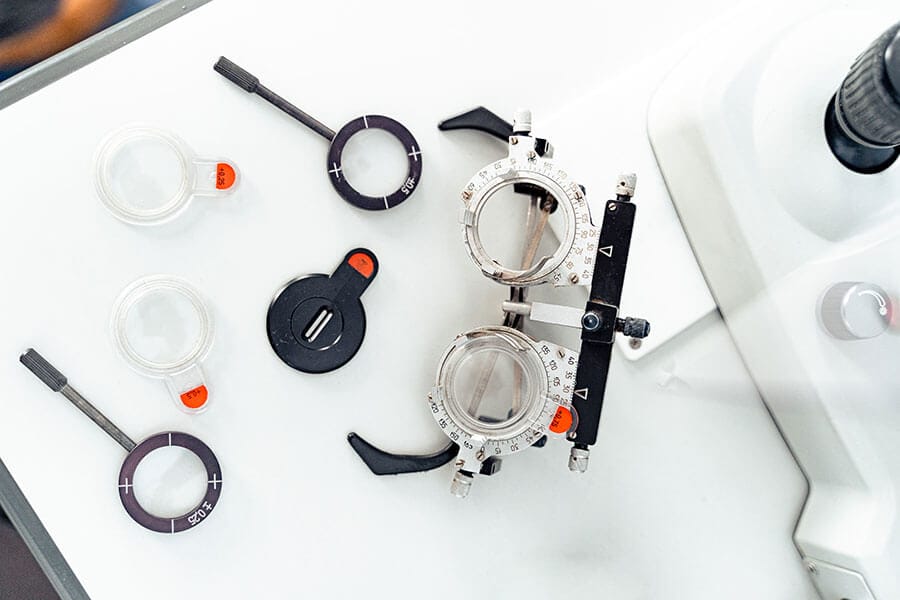Cataract is when the lens inside your eye becomes cloudy, making it more difficult to see clearly. Common symptoms include blurry vision and being sensitive to light, often seeing glare. This kind of impaired vision can make driving very difficult, especially at night. In addition, if you have cataract, you may notice that reading becomes more challenging. Some people notice that colors appear more dull than usual and that trying to perform fine motor skills up close, such as threading a needle, becomes increasingly difficult. If cataract becomes serious, it can cause various accidents such as tripping or falling. The main indication for cataract surgery is when performing daily tasks is becoming too challenging.













